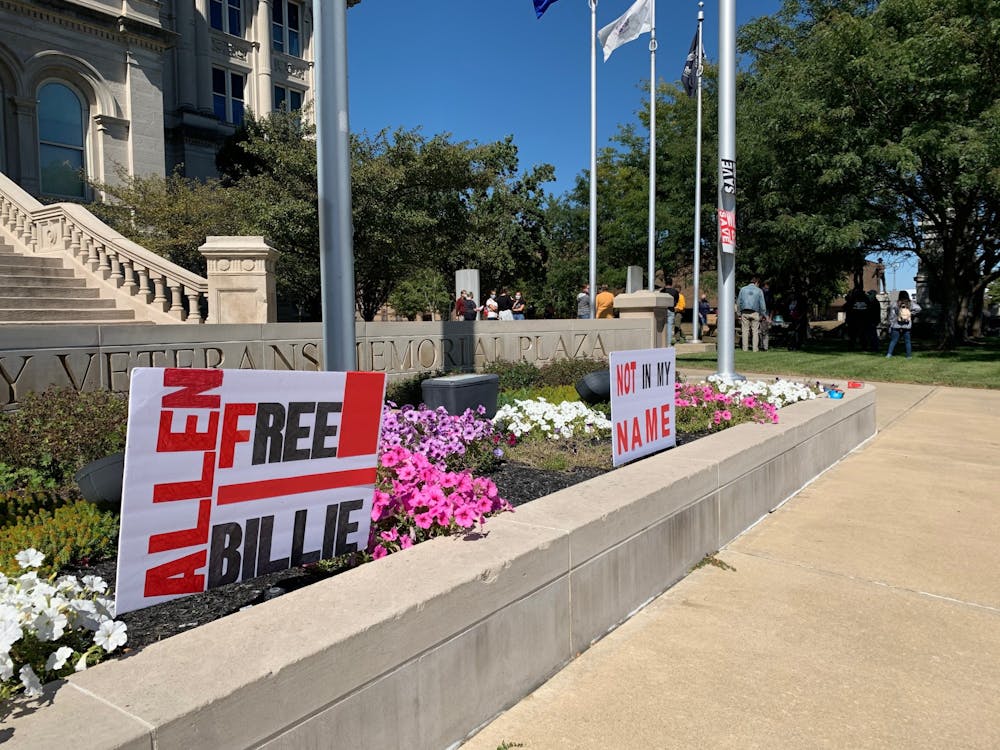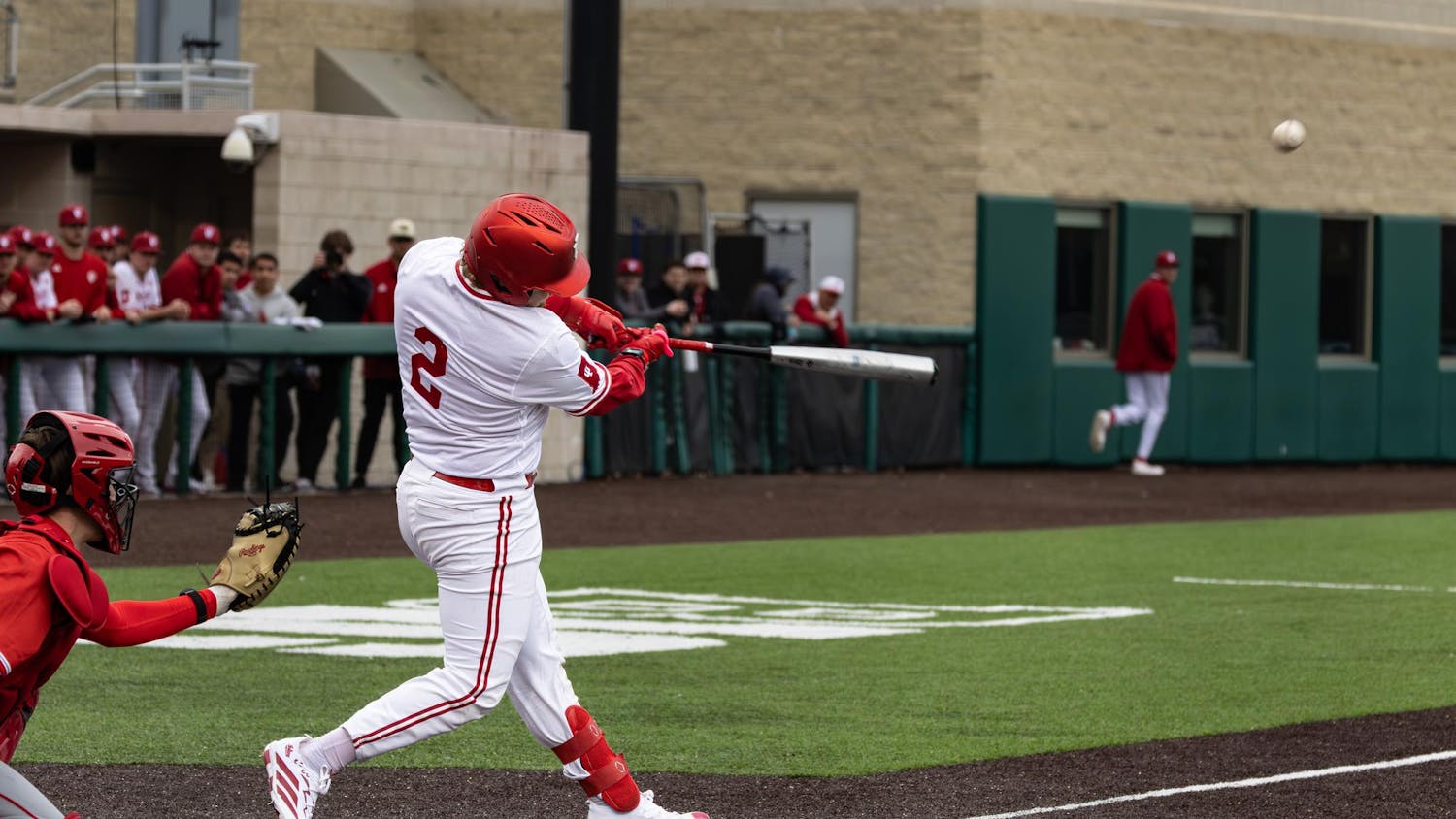The United States Department of Justice announced its intention to resume capital punishment for federal inmates last year. After various courts temporarily blocked the measure, the first federal execution in 17 years occurred just two months ago. Since then, the Trump administration has executed four inmates and plans to execute two more before the end of this week. All seven will have taken place on Indiana soil at the U.S. Penitentiary in Terre Haute.
The very same day this article was published, Sept. 22, the Trump administration executed William Emmett Lecroy.
On Sept. 20, families of several death row inmates and activists opposing the death penalty rallied at the Vigo County Courthouse, just a few miles away from the federal penitentiary. The rally was organized by Yvette Allen, the sister of death row inmate Billie Allen. Around 30 people gathered under the imposing 196-foot tall courthouse to listen to speakers, which included Rodrick Reed, the brother of high-profile death row inmate Rodney Reed.
“We have taken so much pride in saying that justice is blind that we have erected statues of a woman blindfolded,” Allen told the crowd. “Yet, we ask Lady Justice to be the seeker of truth when she is unable to see the deception and lies that take place right in front of her. She has been purposely blindfolded to keep her from seeing the full truth.”
The death penalty is an immoral and barbaric practice, born out of the most base instinct of American nature — violent and repressive racism. For the victims' families, the falsely accused and the sanity of our country, the death penalty must be abolished.
From death row in the U.S. Penitentiary in Terre Haute, Billie Allen maintains his innocence and describes the uncertainty of his and other inmates' futures as they are moved to the “death watch range.”
“You get no warning, nothing,” he wrote in a July letter to The Marshall Project. “They just show up at your door and tell you to cuff up. They meet your questions about where you are going with silence, but that silence says it all.”
Allen is a visual artist, writer and poet. He is a son, brother, cousin, uncle and friend highly regarded as loving and loyal to those who knew him prior to his conviction.
In 1997, Allen was convicted and sentenced to death for armed bank robbery and the murder of a security guard in St. Louis. No forensic evidence ties him to the crime, and his appeals for justice have been exhausted. No one knows which inmate will be summoned next.
“The system is broken, and it’s been proven,” Yvette Allen said. “Even just this past week three people were exonerated from death row. For whatever reason, it’s taken people 20-plus years for their evidence to be seen, and they’ve been found to be innocent.”
Just five days before his scheduled execution date in November 2019, the Court of Criminal Appeals in Texas halted the execution of Rodney Reed, a man convicted for the rape and murder of Stacey Stites more than 20 years ago. The decision came amid widespread calls from celebrities, lawmakers and activists to indefinitely stay the execution and review substantial, new evidence in the case asserting his innocence.
Reed’s family now spearheads the Reed Justice Initiative, a movement standing in solidarity with death penalty abolitionists and families with wrongfully convicted loved ones.
“Abolish the death penalty — state and federal executions,” Rodrick Reed demanded at the rally. “Nobody has the right to take another life.”
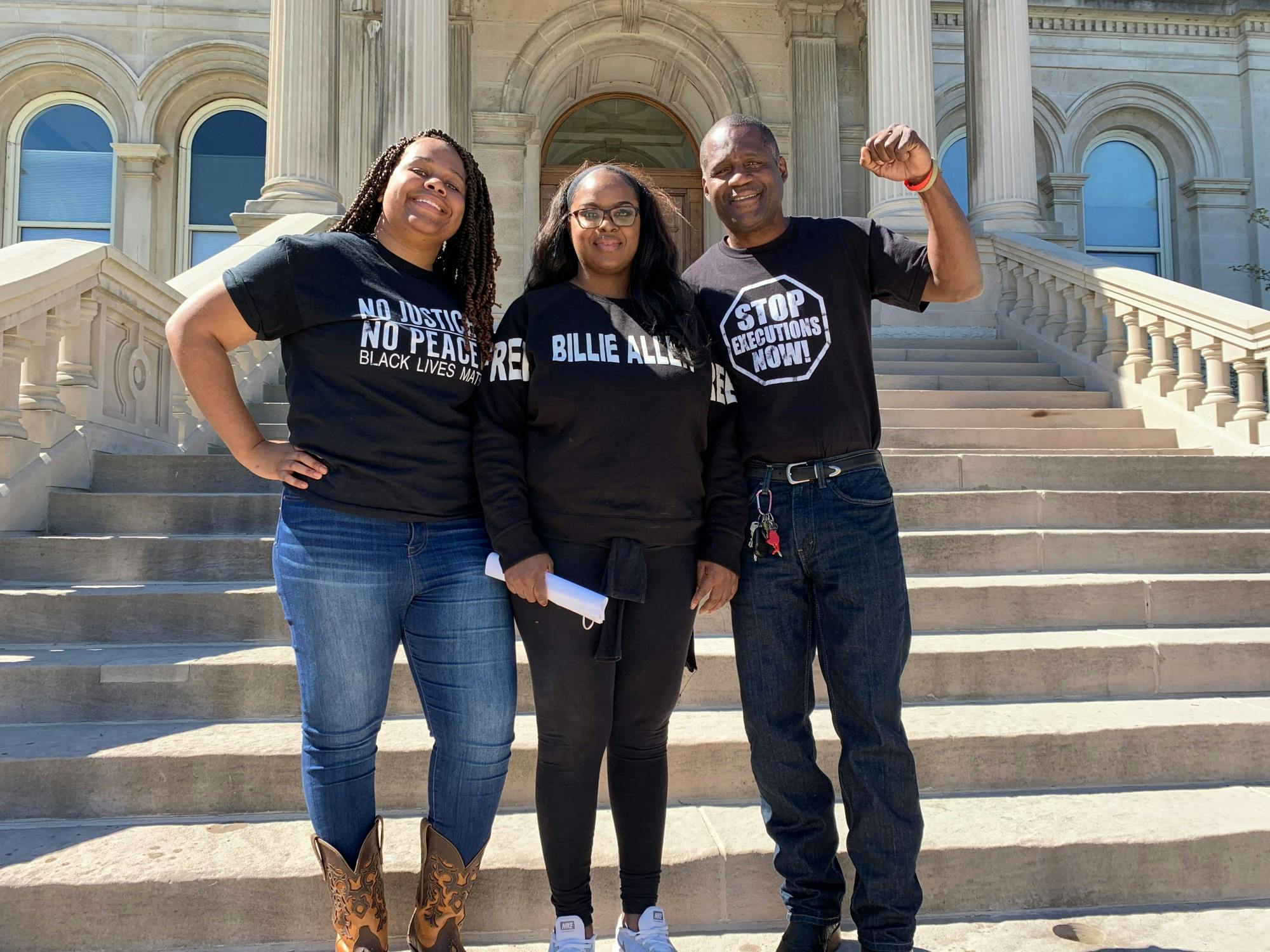
There are currently 57 inmates on federal death row and after Sept. 24, that number will be down to 55. Before 2020, the federal government had carried out 37 executions since 1927, establishing this year as the deadliest one yet. Twenty-six of the inmates on death row are Black, while seven are Latinx and one is Asian. All told, more than half of those on federal death row are minorities — a stark and disturbing reality.
Since 1973, 172 former death row prisoners have been exonerated. The majority of them were Black, an indictment of the racial disparities and racism plaguing our criminal justice system. As we abolish the death penalty on moral grounds, we must also remember many have been sentenced to death on false charges due simply to the color of their skin.
Just like malevolent police murders, executions are yet another exercise in state murder at the hands of our justice system and current administration. Let us not forget President Donald Trump himself called for the death penalty after the Central Park Five were falsely convicted in 1989, suggesting a perverted urge for state violence. Even after they were exonerated, he refused to apologize as recently as 2019.
The death penalty is a reflection of our troubling prison industrial complex and the misguided mindset that created it. With the highest per capita incarceration rate in the world, the U.S. spends $182 billion annually on its incarceration system. We have destroyed countless individuals, families and communities through this web of oppression.
“No matter if they’re killing us out on the street, through mass incarceration or with the death penalty, it’s all the same system,” said Kwame Shakur, an activist with the Free Them All Rainbow coalition which seeks to release prisoners during the COVID-19 pandemic.
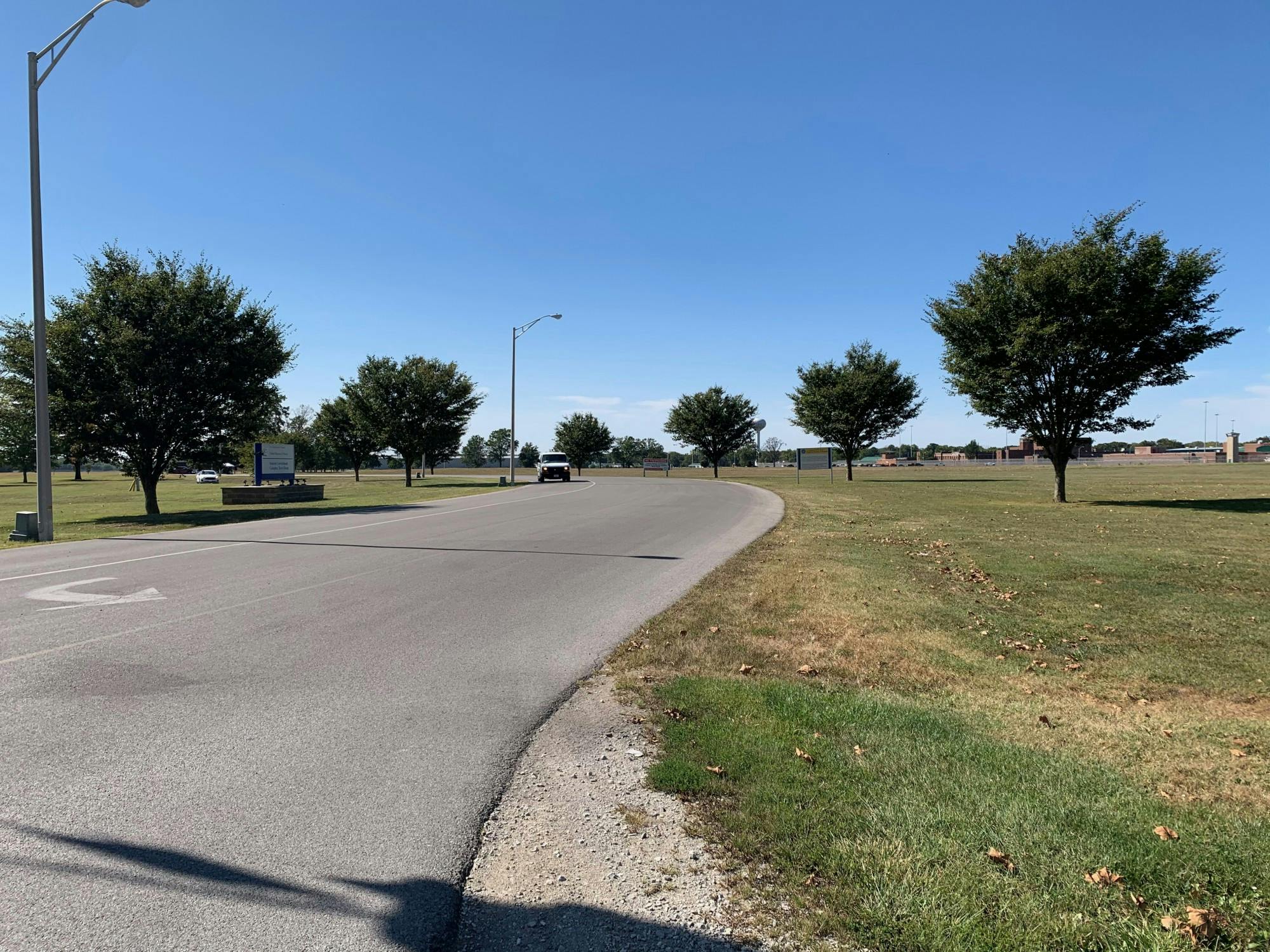
By dedicating so much to mass incarceration and militarized policing, we have deprived communities and ourselves of the resources needed to stake out a dignified life. The death penalty is the inevitable culmination of a culture that pushes its problems out of sight and into the hands of an authoritarian government.
“You have to think about, for example, education,” Yvette Allen said. “It’s hard for a person even with a degree to get employment at this point, just imagine someone without a good education and then a Black male getting a position. It’s almost impossible, so they commit these crimes. I’m not condoning it, but it’s a part of why these things happen.”
The billions of dollars we spend on incarceration, policing and even the military would be of far more use if invested in education, affordable housing, healthcare, community centers and job training. Yet, we decry these ideas as too expensive. Meanwhile, major cities spend $115 billion a year on policing, making U.S. police forces the third-most expensive military in the world — behind only China’s and our own. The U.S is a police state, and we allow it to be.
When Attorney General William Barr announced the resumption of federal executions, he said thee Trump administration sought to uphold law and order. Let’s be clear: this is fascism. It is an attempt to stifle dissent and signal the government's conclusive power over those they govern. When we give the government the right to execute its citizens, we consent to the extrajudicial murders it perpetrates within our borders and around the globe.
“By using the death penalty, even executing innocent people, they say, ‘You can never change the system. No matter what we do just bow down and accept it,’" Shakur said. “But we have to change this system.”
The death penalty is not a viable form of crime control and denies the values and civil liberties upheld by our democracy. In practice, it grants us the power to kill human beings with the same drug, pentobarbital, administered to euthanize our pets. It is a cruel and degrading punishment that dehumanizes this country’s citizens.
The fight for those on death row has never been more urgent with the recent reinstatement of the death penalty. In pursuit of justice, a petition has been created to help free Billie Allen before he is called for execution. With victims of the prison industrial complex in mind, we must strive toward a justice system free from capital punishment.
“As the years went on, we realized there’s a million more Rodney Reeds out there, and the fight has not just become a fight to save my brother but a fight to help change the world,” Rodrick Reed said. “We realized it’s a lifelong fight, and we’ve been striving to get justice wherever we can, whenever we can.”
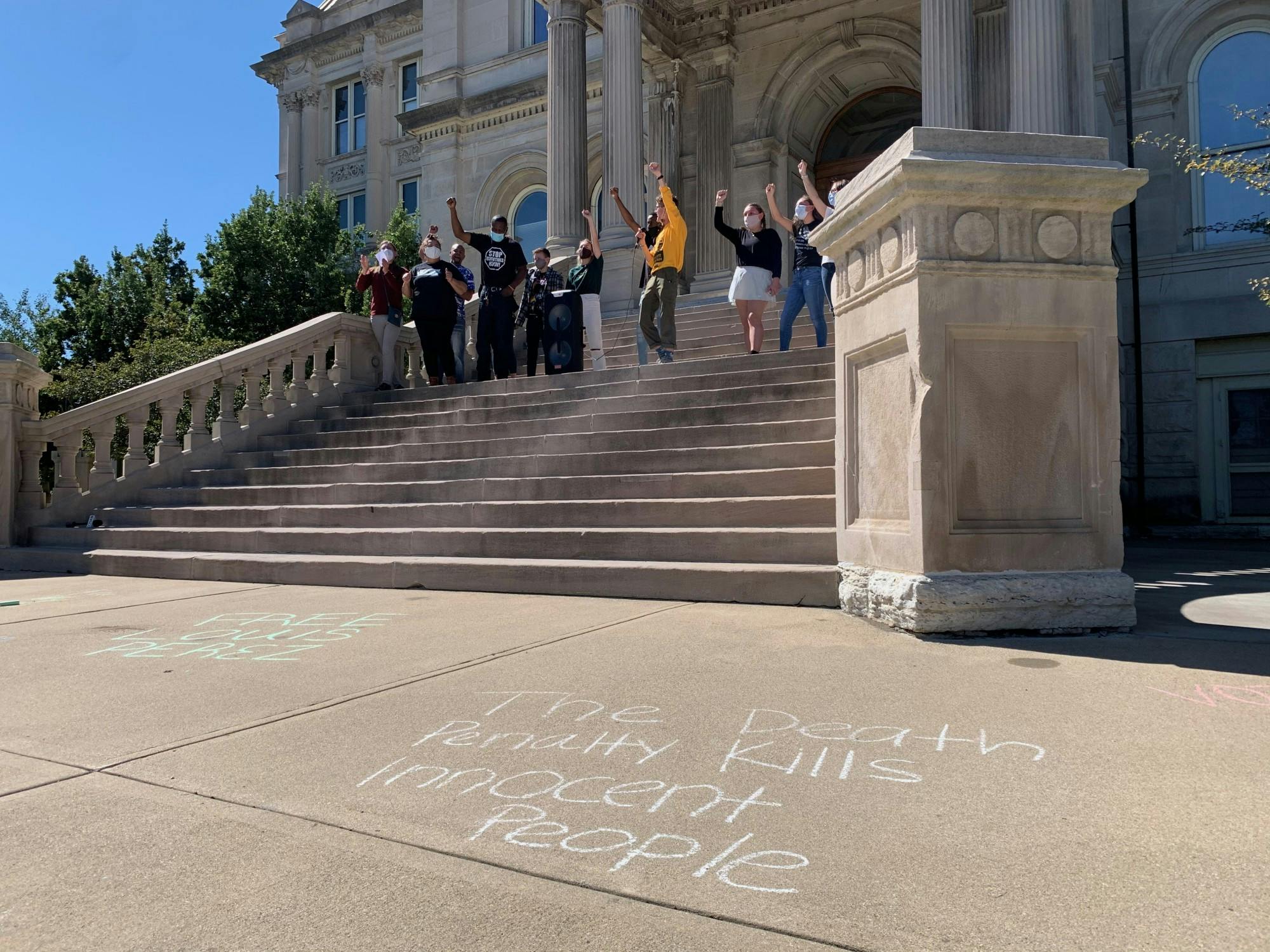
Peyton Jeffers (she/they) is a senior studying human development and family studies and human sexuality. She is a member of Camp Kesem at Indiana University.
Kyle Linder (he/him) is a senior studying journalism and international relations. He wants everyone to join a union.

